Introduction:
Indira Gandhi, the Iron Lady of India, remains one of the most iconic and polarizing figures in Indian political history. As the first and, to date, the only female Prime Minister of India, her leadership left an indelible mark on the nation. This essay explores the life, leadership, and legacy of Indira Gandhi, tracing her political journey, her achievements, and her enduring influence on Indian politics.
Early Life and Background:
Indira Priyadarshini Gandhi was born on November 19, 1917, into the Nehru-Gandhi family, a prominent political dynasty in India. Her father, Jawaharlal Nehru, was a key figure in the Indian independence movement and later became the first Prime Minister of independent India. Growing up in a politically charged environment, Indira imbibed the values of public service and nationalism from an early age.
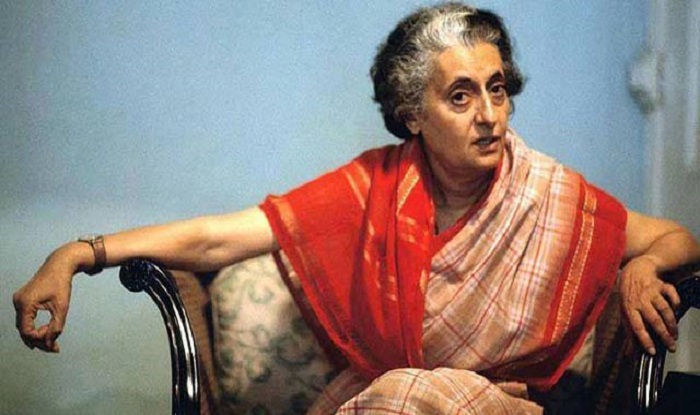
Despite her privileged upbringing, Indira faced personal challenges, including the untimely death of her mother when she was just 13 years old. Her formative years were marked by a strong sense of duty towards her family and her country, shaping her character and instilling in her a deep commitment to public service.
Political Career and Leadership:
Indira Gandhi’s political career began in the 1950s when she started actively participating in her father’s political activities. She served as his personal assistant and confidante, gaining valuable experience and insight into the workings of Indian politics. In 1964, after the death of her father, she was appointed as a member of the Rajya Sabha, the upper house of the Indian Parliament.
In 1966, following the untimely demise of Prime Minister Lal Bahadur Shastri, Indira Gandhi was thrust into the spotlight when she was elected as the leader of the Indian National Congress party and became the Prime Minister of India. Her early years in office were marked by a series of challenges, including economic turmoil, regional conflicts, and political instability.
Indira Gandhi’s leadership style was characterized by a combination of pragmatism, assertiveness, and decisiveness. She displayed a remarkable ability to navigate complex political terrain and make tough decisions in the face of adversity. Her bold initiatives, such as the nationalization of banks and the Green Revolution, transformed India’s economic landscape and propelled the country towards self-sufficiency and growth.
Controversies and Challenges:
Despite her many accomplishments, Indira Gandhi’s tenure as Prime Minister was not without controversy. Her authoritarian tendencies and centralization of power drew criticism from political opponents and civil society alike. The imposition of Emergency in 1975, which saw a suspension of civil liberties and widespread human rights abuses, remains a dark chapter in Indian democracy.
The aftermath of the Emergency led to a significant backlash against Indira Gandhi’s government, culminating in her electoral defeat in 1977. However, she staged a remarkable comeback in 1980, leading the Congress party to a landslide victory in the general elections and returning to power as Prime Minister for a fourth term.
Legacy and Impact:
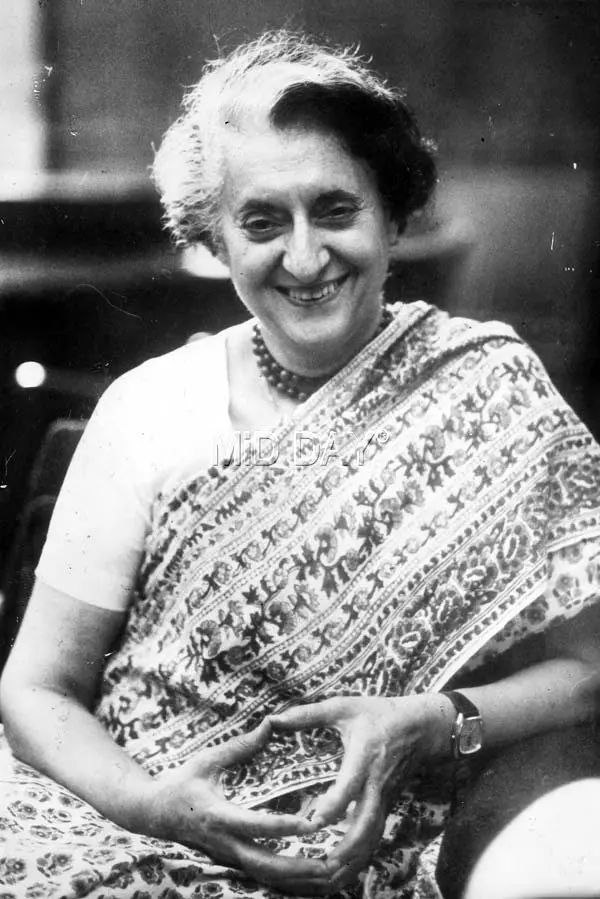
Indira Gandhi’s legacy is complex and multifaceted, reflecting both her strengths and shortcomings as a leader. She is remembered for her role in shaping modern India and championing progressive policies in areas such as social welfare, education, and women’s empowerment. Her efforts to strengthen India’s position on the global stage and promote non-alignment were widely acclaimed.
At the same time, Indira Gandhi’s legacy is also tainted by allegations of authoritarianism, corruption, and abuse of power. Her actions during the Emergency and subsequent erosion of democratic institutions continue to be a subject of debate and scrutiny.
Conclusion:
Indira Gandhi’s life and leadership epitomize the complexities of power and politics. As the Iron Lady of India, she wielded immense influence and left an enduring imprint on the nation’s history. While her legacy remains contested, there is no denying her pivotal role in shaping the destiny of India and inspiring generations of leaders to come. Indira Gandhi’s legacy serves as a reminder of the enduring struggle for democracy, freedom, and social justice in India and beyond.



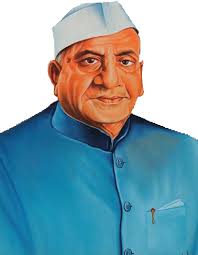
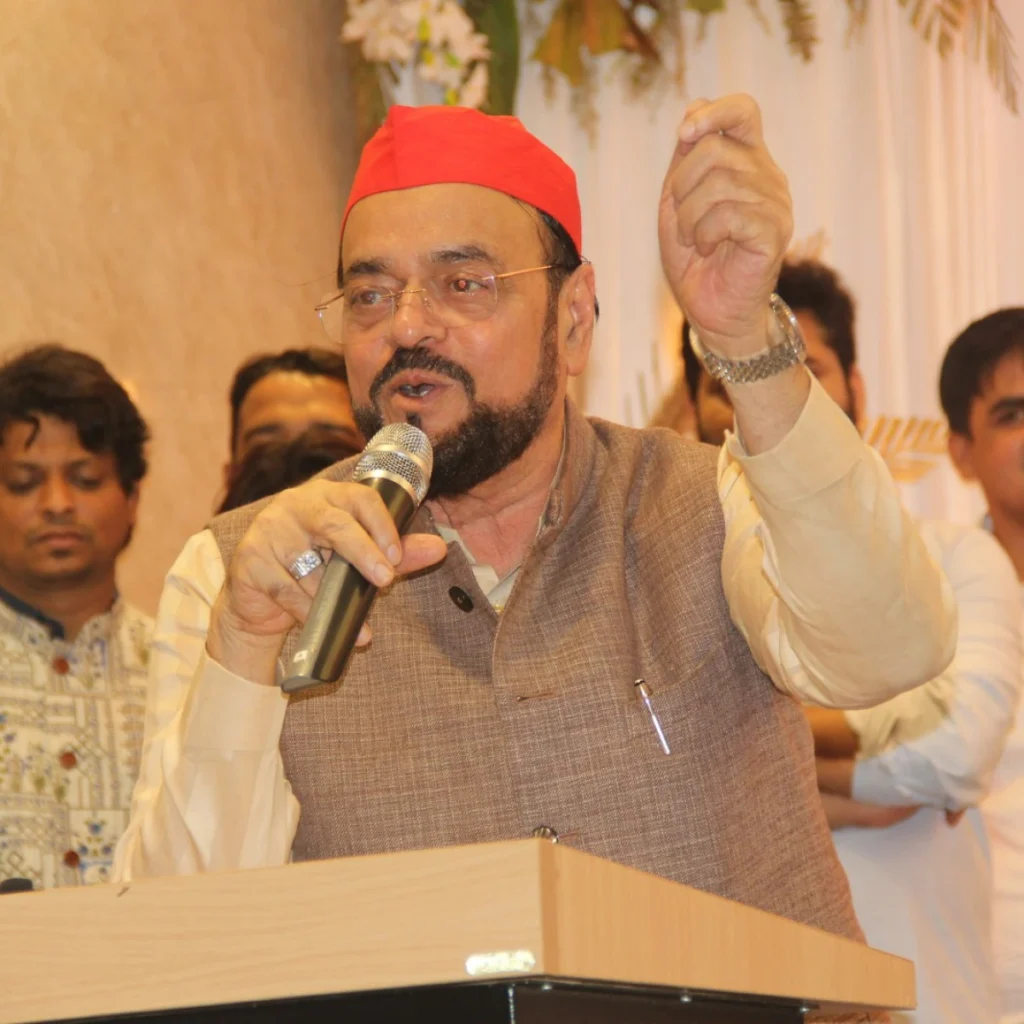
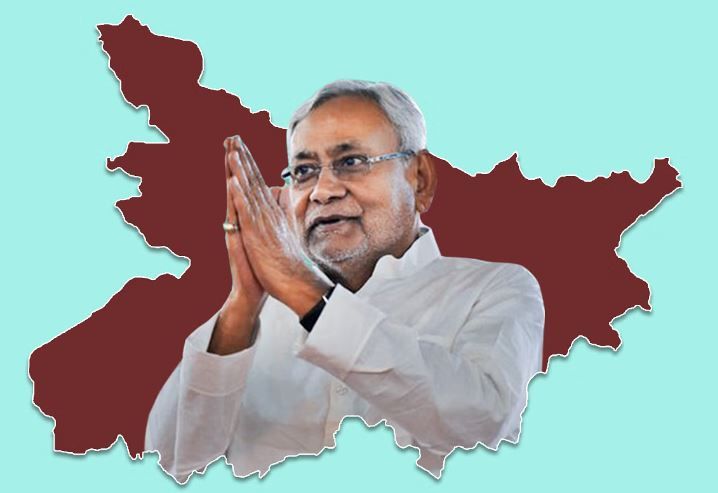

One Comment